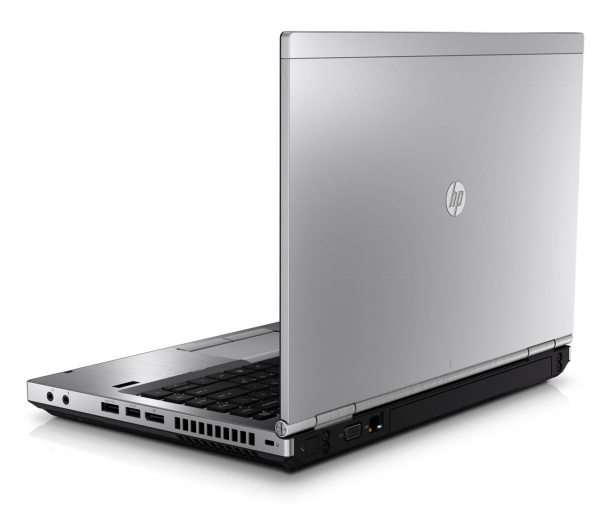HP's PC reality: A spin-off is its only choice

HP executives are talking up the PC unit and noting that it will be No. 1 even after a spin-off. Obviously, HP prefers a spin-off of its PC unit, but that's because it is unclear what price the unit will fetch.
Todd Bradley, head of HP's personal systems group, told Reuters a spin-off will give shareholders the most value. A sale to another player such as Acer or Samsung doesn't make sense, argued Bradley. Translation: HP can't find a buyer that will overpay for the unit.

As noted previously, analysts value the PC unit anywhere between $3 billion in a total meltdown to $9 billion or so. Given that wide range, the reality is that HP couldn't sell its PC unit if it had to. A spin off is really the only option.
HP can spin off the PC unit, which can then raise capital to compete, and let the valuations fall where they may. If HP sold the PC unit, it would have to take market rates, which may be depressed amid jitters of the post PC era.
In our earlier story on the HP spin-off, one reader summed the situation up well. The translation to HP's most recent comments boils down to:
We need to get rid of this thing and there are no interested buyers.
Sterne Agee analyst Shaw Wu recently argued that Samsung was a good candidate to buy HP's PC business. On the surface, Samsung is a logical buyer because it has a vertically integrated supply chain. Reports indicated that Samsung was interested, but the company later shot down the speculation.
Nevertheless, the Samsung-HP speculation highlights that the PC unit math is muddled. Wu wrote:
We believe one potential hurdle may be the asking price. As we have mentioned before, we believe the PC business may be worth $8 billion or $3.66 per HPQ share. We get to this valuation by assuming a 5% operating margin on $40 billion in annual revenue and a 22% corporate tax rate. We get net income of $1.6 billion and with a 5x multiple, an $8 billion valuation. Other potential parameters to watch are whether Samsung asks HPQ to include webOS, giving it ownership of operating system software, thus lessening its dependence on Android. And what about HPQ’s highly profitable printer business to augment its own efforts?
In other words, the valuation for HP's PC business is a mystery and the price tag depends on what else is lumped in. In that situation, a spin-off is the best---and only move.
Related HP posts:
- HP’s TouchPad fire sale: The fallout
- Six reasons why HP’s IBM moment will prove elusive
- Analysts crush HP’s revamp: ‘Juggling in a wind tunnel’
- Why HP’s latest move was more ballsy than moronic
- HP acquiring Autonomy - is this HP’s IBM moment?
- A tale of two failures: Microsoft’s Kin and HP’s TouchPad
- HP’s WebOS conundrum: Sell the IP or try licensing?
- HP’s Apotheker recounts TouchPad disaster in post mortem
- HP punts on WebOS, discontinues TouchPad, cuts outlook
- All incoming HP content